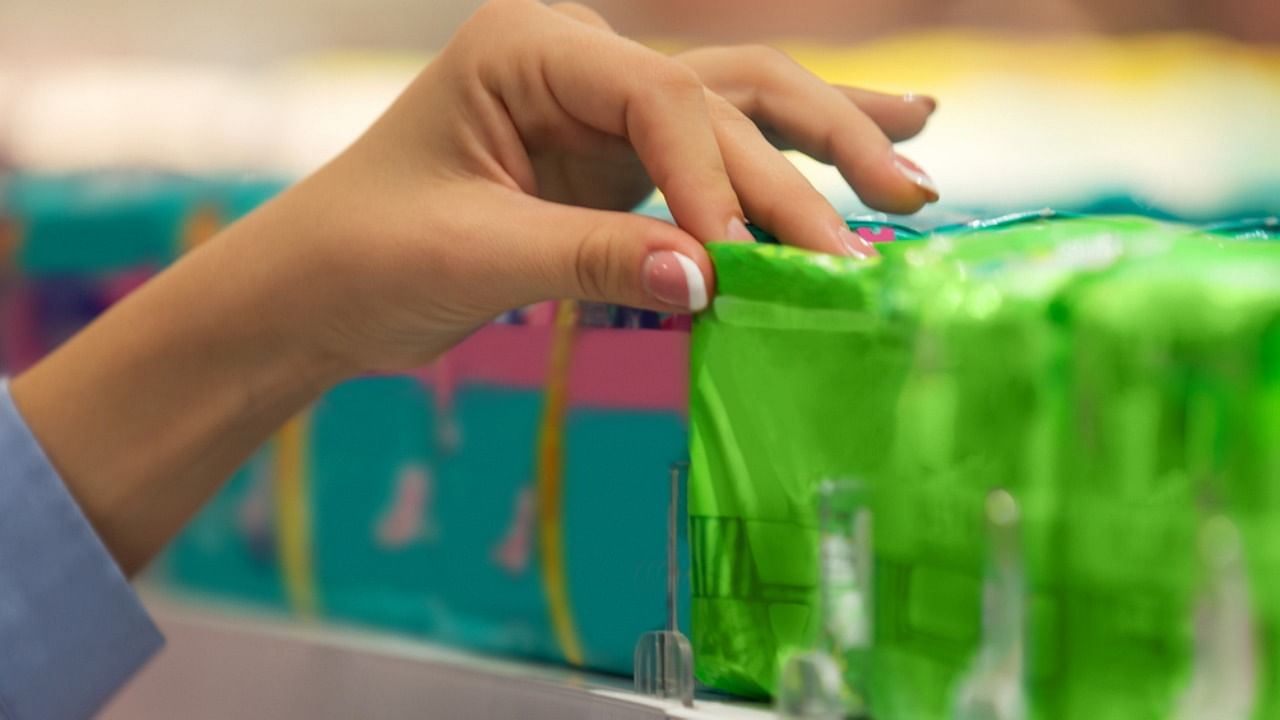
Sanitary pads of major brands sold in India - even the organic ones - have been found to be containing toxic chemicals and volatile organic compounds with a direct impact on the health of consumers besides having a major impact on the environment, a new study based on lab reports has said.
Toxics Link, a Delhi-based NGO, took 10 products of all the major brands which were analysed in a private lab. The results showed the presence of several phthalates (a group of chemicals that harm reproductive, neurological and even cardiovascular systems) and volatile organic compounds (VOC) that have harmful neurological effects, including paralysis and memory loss.
Up to 12 types of phthalates were concentrated in the range of 10 to 10,230 micrograms per kg in the six inorganic samples. Tests on four products sold as organic showed that the sanitary pads had 10 phthalates in the range of 10 to 41,920 micrograms. Both inorganic and organic products had 8 to 17. VOCs like acetone, dichloromethane, chloroform, benzene were found in the samples.
While the developed countries, especially the European Union, have enacted rules to regulate use of such materials, India is yet to come up with any standards.
The study sought a thorough investigation on the health problems caused by exposure to VOCs and phthalates. It also called upon the government and standard-making bodies to frame rules for regulation on use of harmful chemicals.
“It should be mandatory for producers to disclose the list of product ingredients..to ensure chemical disclosure,” it said.
As per an estimation by the Menstrual Hygiene Alliance of India, over 12 crore women use disposable sanitary napkins which have a huge bearing on the waste management system. Amit Chauhan, a programme coordinator at Toxics Link, said developed countries are waking up to the problems and making changes. He cited the example of South Korea, where a lawsuit led to the removal of the product from the market.
“The pads have direct impact on the users and indirect impact on the environment. Phthalates and VOCs pollute the water and soil. We should also think of the waste pickers and movers,” he said.